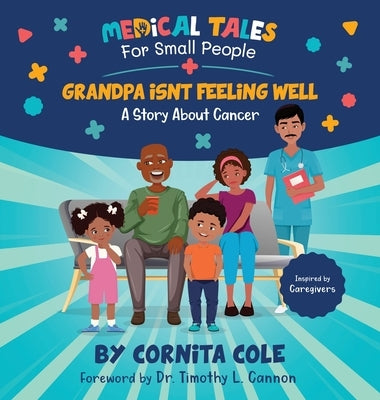What does "good" teaching mean, and how can we know it when we see it? Perhaps you have grappled with these questions at some point in your career, either as an instructor wanting to document or grow your teaching effectiveness or as a peer or administrator trying to provide guidance to or assess the teaching of others.This book serves three purposes: a condensed, evidence-based guide to effective teaching; a resource on creating a focused teaching narrative and teaching portfolio; and a toolkit that equips faculty to conduct peer observations, student midterm feedback, and productive conversations related to teaching.
The first part of the book offers a rich guide as to what constitutes effective teaching based on a comprehensive review of the research on instructional strategies and behaviors that promote student engagement, learning, and success. It includes practical advice flexible enough to accommodate disciplinary and contextual differences, recognizing that readers will want to adapt effective behaviors based on their values and dispositions.The opening chapters successively cover aligning classroom activities to learning goals; teaching inclusively to account for students' prior learning and diversity; creating an environment that promotes students' active engagement in learning and taking responsibility for their intellectual development; assessing students' progress and adjusting teaching accordingly; using technology effectively; and finally engaging in reflective self-assessment with feedback from peers and students to adjust and develop teaching skills.
In the second part of the book, the authors offer structured guidance on developing a focused teaching narrative, gathering peer and student feedback to support that narrative, and curating a portfolio to showcase exemplary practices and achievements. The insights and tools presented also equip readers to facilitate classroom peer observations and gather midterm student feedback. Overall, the second part of the book provides readers with a common language and tools to use when discussing teaching with peers and those who may formally or informally observe their teaching.
The book builds to providing the reader with a clear sense of the criteria and evidence needed to document their teaching for the purposes of annual review, promotion, or tenure.The now widely recognized Critical Teaching Behaviors (CTB) framework offers a holistic means of documenting and assessing teaching effectiveness by including a variety of evidence and perspectives. The comprehensive feedback and documentation toolkit aligned to the framework incorporates more of the instructor's perspective on their own teaching into the evaluation process and substitutes for or supplements student evaluations of teaching (SETs). Administrators will also find the CTB useful as a template and guide for the objective evaluation of teaching.In a single volume, this book offers faculty evidence-based guidance and encouragement to explore effective teaching strategies whether they are just embarking on their college teaching journey or are experienced instructors looking to explore new ideas. The CTB presents instructors a roadmap to both developing teaching skills and demonstrating achievements in promoting student learning to advance their careers. It is designed to be an interactive workbook. While readers can choose to read passively, they will get the most value from this book by completing the prompts and activities along the way.
About the AuthorLauren Barbeau is the Assistant Director for Learning and Technology Initiatives at the Georgia Institute of Technology. She earned her Ph.D. in English, specializing in 19th century American Literature with a certificate in American Culture Studies, from Washington University in St. Louis. Before becoming an educational developer, she taught writing and literature courses. She began her educational development career at Georgia Southern University and subsequently served as the Assistant Director for Faculty Development and SoTL at the University of Georgia. Her research interests include teaching with technology as well as documenting and assessing teaching.
Claudia Cornejo Happel is an Associate Director of the Center for Teaching and Learning Excellence at Embry-Riddle Aeronautical University, Daytona Beach. She earned her Ph.D. in Spanish, specializing in colonial Latin American art, literature, and culture, from The Ohio State University and an Educational Specialist degree from Georgia Southern University. Claudia has previously held positions in the University Center for the Advancement of Teaching at Ohio State - an opportunity that was instrumental in shaping her interest in educational development - and the Center for Teaching Excellence at Georgia Southern University. Her research interests include documenting and assessing teaching as well as inclusive instructional practices.




















































